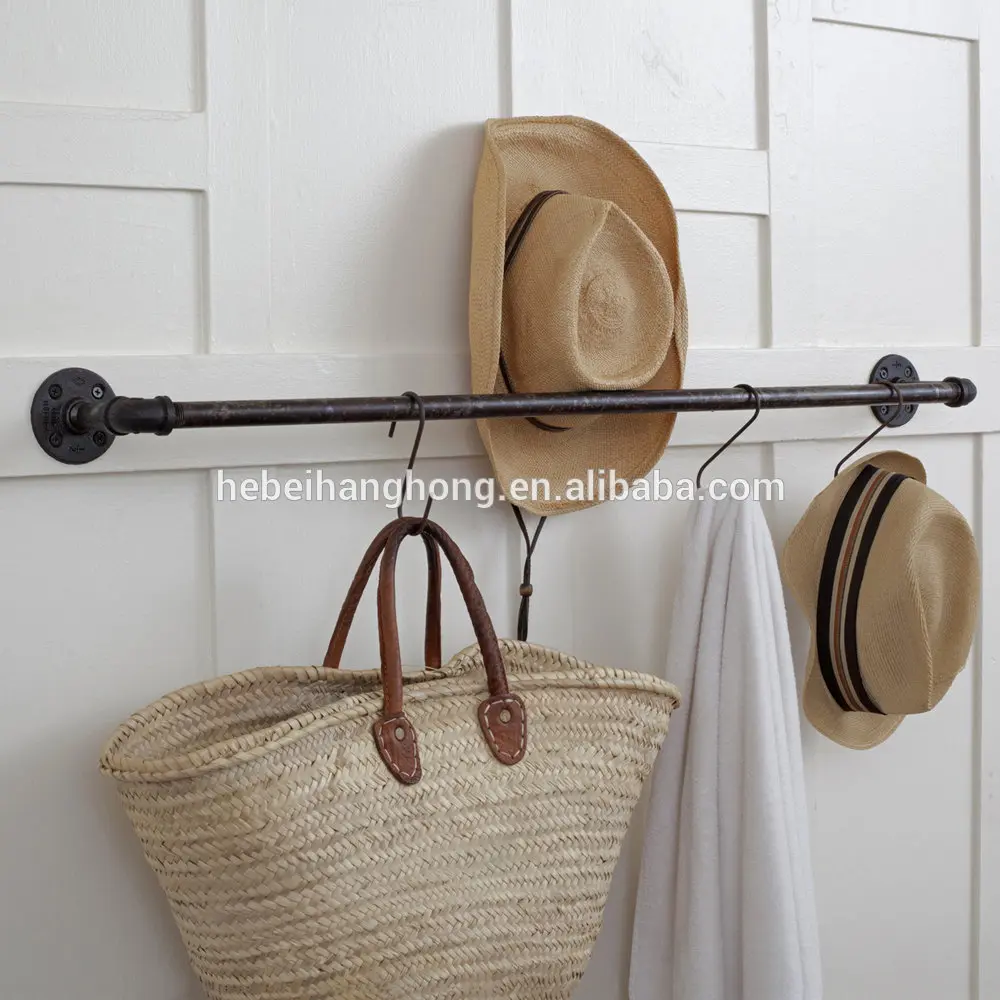
-
 Mail Usadmin1@hanghongtrade.com
Mail Usadmin1@hanghongtrade.com -
 Call Us+8613313271100
Call Us+8613313271100 -
language
Dek . 11, 2024 09:50 Back to list
Comparing Prices of Black Iron and Cast Iron Materials for Construction and Manufacturing
Understanding the Price Difference Black Iron vs. Cast Iron
When it comes to various applications in construction, manufacturing, and cookware, the choice between black iron and cast iron is pivotal. Each type has its unique properties and uses that can influence the price and suitability for specific needs. This article explores the price differences between black iron and cast iron, their respective applications, and factors that affect their cost.
What is Black Iron?
Black iron typically refers to a type of steel that is not coated or painted. It gets its name from the dark, black oxidation layer formed on the metal's surface during the manufacturing process. Black iron is commonly used in plumbing applications and structural systems due to its strength and durability. Its primary components include iron and a small percentage of carbon, which enhances its malleability and ductility.
What is Cast Iron?
Cast iron, on the other hand, is a group of iron-carbon alloys with a carbon content greater than 2%. This material is crafted by pouring molten iron into molds, allowing it to harden into the desired shape. Cast iron boasts excellent castability, wear resistance, and superior machinability, making it an ideal choice for cookware, engine blocks, and heavy machinery. Common types of cast iron include gray iron, ductile iron, and white iron, each with unique characteristics and applications.
Price Comparison
Prices for black iron and cast iron can vary significantly based on several factors, including material quality, manufacturing processes, and market demand.
Typically, black iron is less expensive than cast iron because it requires less processing and refinement. The production of black iron involves simpler processes such as rolling and cutting, which are generally cheaper than the casting techniques used to manufacture cast iron.
For instance, as of the latest price trends, a standard black iron pipe can range from $2 to $5 per foot, depending largely on the diameter and thickness of the pipe. On the other hand, cast iron components may start from around $10 per piece and can go up significantly, depending on the complexity and size of the item. High-end cast iron skillets, for example, can retail from $40 to $200, conditioned on brand and performance features.
black iron vs cast iron pricelist

Factors Influencing Prices
Several factors contribute to the variances in pricing between black iron and cast iron
1. Raw Material Costs The base materials for both types of iron impact the price. As iron ore prices fluctuate in global markets, so too will the costs associated with black iron and cast iron.
2. Manufacturing Processes The production methods for cast iron involve more intricate processes, such as molding and curing. Black iron, being simpler to produce, generally incurs lower production costs.
3. Market Demand Demand for either material can shift based on trends in construction or home improvement. For instance, if there’s a surge in demand for cast iron cookware due to a renewed interest in culinary equipment, prices for those items may rise.
4. Quality Standards Higher quality or specialty items often fetch a premium price. For instance, American-made cast iron cookware often comes at a higher price point due to brand reputation and quality assurance.
5. Supply Chain Issues Shipping costs, availability, and inventory levels can also drive price changes on materials. Disruptions in the supply chain due to economic or environmental factors can create fluctuations in prices for both black iron and cast iron components.
Conclusion
While black iron and cast iron serve different purposes and exhibit various characteristics, their pricing differences are significant and reflective of their manufacturing processes, demand, and quality. Understanding these distinctions not only aids in making informed purchasing decisions but also helps in selecting the right material for your specific needs. Whether you are considering plumbing options or looking to invest in high-quality cookware, being aware of the price differences between black iron and cast iron can lead to better choices and outcomes.
-
Black 1/2" Furniture Pipe Fitting - Durable & Stylish for DIY Projects
NewsJul.28,2025
-
Key Klamp Key Clamp Pipe Clamp 90 Degree Elbow 42mm 4YY for Secure Connections
NewsJul.26,2025
-
Key Clamp Fitting 90 Degree Three Socket Tee – Durable & Easy Install
NewsJul.25,2025
-
The Old Retro Dinette Antique Floor Flange for Furniture - Vintage Style Support
NewsJul.24,2025
-
3/4 Inch Reinforced Bronze Flange Iron Pipe Floor Fitting Plumbing Threaded - Durable & Corrosion Resistant
NewsJul.23,2025
-
Malleable Iron Tee Pipe Fitting Equal Reducing 3-Way Threaded Tee
NewsJul.22,2025




